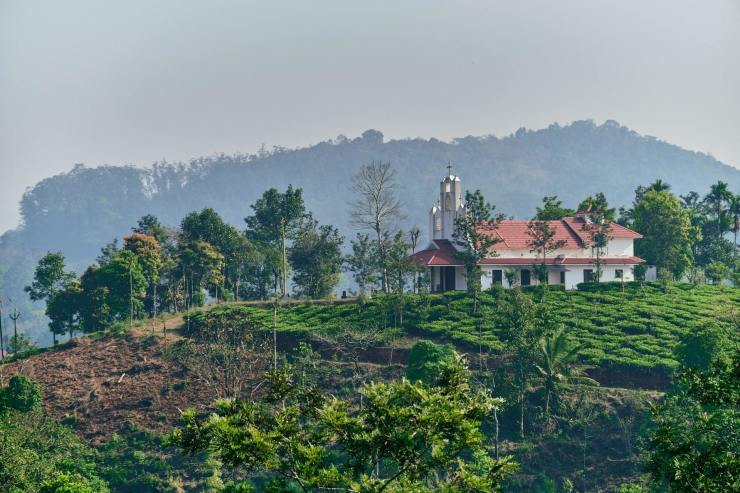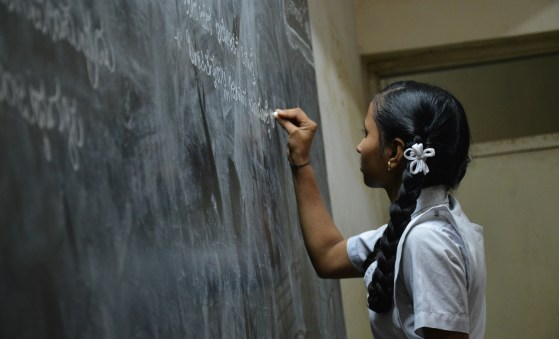
A Catholic college in Kerala has found itself at the centre of a heated controversy after denying permission to Muslim female students to offer prayers on campus premises. The incident at Nirmala College in Muvattupuzha has sparked debates on religious accommodation and secularism in educational institutions.
The dispute began on Friday, July 26, when a group of Muslim girls requested a designated room to perform their Friday prayers, known as namaz. College authorities rejected the appeal, citing existing policies and the proximity of a mosque just 200 metres from the campus.
Principal Father Kannadan Francis explained that while male Muslim students are allowed to visit the nearby mosque for prayers, female students claimed they lacked access to the mosque's facilities. "We have informed them that the college cannot permit a room for prayers," Francis stated.
The refusal led to protests by some students, who allegedly prevented the principal from leaving his office. Video footage aired by local media showed students claiming that staff had barred them from praying for several days, demanding an apology from college leadership.
The 72-year-old institution, managed by the Kothamangalam diocese of the Syro-Malabar Church, has stood firm on its decision. Vice-principal A. J. Emmanuel affirmed that the college has no provisions for allowing space for namaz and does not intend to alter its stance.
Church officials have characterised the controversy as part of a coordinated effort to target Christian institutions in Kerala. Bishop Thomas Tharayil, convener of the Syro-Malabar Church's Public Affairs Committee, described it as a "religious-communal invasion of Christian institutions" lacking "legal or moral standing."
The Catholic Congress, a lay organisation associated with the Church, questioned why the college should be responsible for providing prayer space when local mosques do not accommodate women. "When the Muslim community does not make space for women to offer namaz, how can they ask a Christian management?" an unnamed Church leader remarked to the media.
Kerala's unique religious demographics have added complexity to the situation. Hindus comprise 54% of the state's population, followed by Muslims at 26% and Christians at 18%, according to the 2011 census.
The incident became politicised as political parties waded into the controversy. The protest has drawn sharp criticism from the Bharatiya Janata Party (BJP), India's ruling party at the national level but with limited presence in Kerala. State BJP chief K Surendran alleged that "extremists" were behind the demands, accusing leftist and Congress parties of supporting such moves.
"Some are trying to threaten the principal of the college for not giving permission for performing namaz," Surendran claimed. He questioned whether Muslim-run colleges would provide similar accommodations for Hindu or Christian students.
Student organisations have distanced themselves from the controversy. The Students' Federation of India (SFI), affiliated with the ruling Communist Party of India (Marxist), emphasised its commitment to maintaining secular campuses. SFI state secretary P M Arsho denied involvement in the protests, stating that allowing religious rituals could compromise the secular spirit of educational institutions.
Similarly, the Muslim Students Federation (MSF), linked to the Indian Union Muslim League, issued a statement disavowing any connection to the incident.
In an effort to defuse tensions, members of the local Muslim community met with college authorities on 29 July to express regret over the situation. Representatives from the area's "Mahallu" committee, comprising Muslim clerics, acknowledged that the students were at fault and conveyed their community's apologies.
The Syro-Malabar Church has called on the state government to protect the college and its management, fearing potential escalation of protests. Bishop Tharayil has demanded a thorough inquiry into the organisation of the demonstrations and requested security measures to prevent further incidents on campus.




